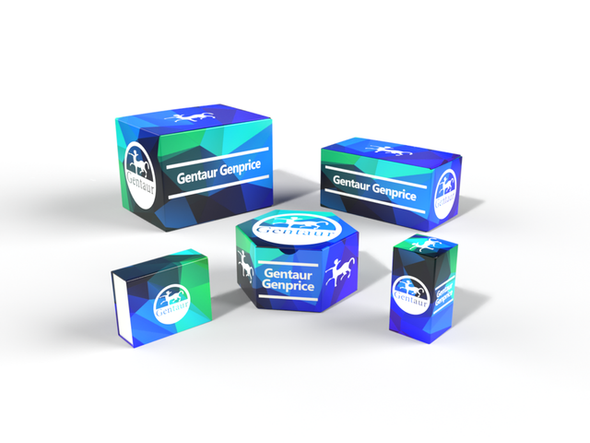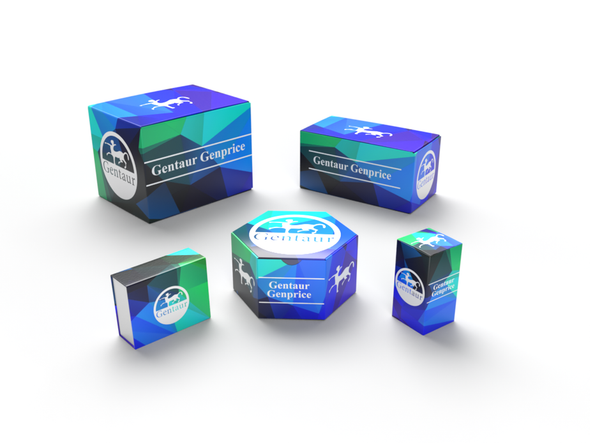Description
CARD8 polyclonal Antibody | BS6022 | Gentaur UK, US & Europe Distribution
Host: Rabbit
Reactivity: Human,Mouse,Rat
Application: WB
Application Range: WB 1:500 - 1:2000
Background: The MAGUK family includes several mammalian proteins, such as postsynaptic proteins, GKAPs, the tight junction associated proteins (ZO-1-3), and the caspase-associated recruitment domain (CARD) proteins, all of which are related to the Drosophila tumor suppressor discs-large (dlg) gene product. CARD 8, also designated DACAR, NDPP1, TUCAN or CARDINAL, is a 431 amino acid protein that is expressed in the lung, ovary, testis, and placenta. It regulates cellular responses controlled by NF-˚ B activation and may play a key role in apoptosis and chronic inflammatory disorders. CARD 8 binds to caspase-1 and negatively regulates its activity.
Storage & Stability: Store at 4°C short term. Aliquot and store at -20°C long term. Avoid freeze-thaw cycles.
Specificity: CARD8 polyclonal Antibody detects endogenous levels of CARD8 protein.
Molecular Weight: ~ 60 kDa
Note: For research use only, not for use in diagnostic procedure.
Alternative Names: Apoptotic protein NDPP 1; Apoptotic protein NDPP1; CARD 8; CARD inhibitor of NF kappa B activating ligand; CARD inhibitor of NF kappaB activating ligand; CARD inhibitor of NF kappaB activating ligands; CARD-inhibitor of NF-kappa-B-activating ligand; CARD8; CARD8; CARDINAL; Caspase recruitment domain containing protein 8; Caspase recruitment domain family member 8; Caspase recruitment domain protein 8; Caspase recruitment domain-containing protein 8; DACAR; DKFZp779L0366; KI
Immunogen: Recombinant full length Human CARD8.
Conjugate: Unconjugated
Modification: Unmodification
Purification & Purity: The Antibody was affinity-purified from rabbit antiserum by affinity-chromatography using epitope-specific immunogen and the purity is > 95% (by SDS-PAGE) .
Pathway: Nuclear Receptor Signaling,


![CARD8 (CT) Antibody [Polyclonal] | PC-524 CARD8 (CT) Antibody [Polyclonal] | PC-524](https://cdn11.bigcommerce.com/s-1rdwiq712m/images/stencil/590x590/products/441328/446157/gentaur-genprice__26005.1661610467__29809.1661628092__75433.1661676199__77988.1661684280__64362.1661692443__02085.1662049603__45075.1662119302__91744.1662191540__21580.1662291419__17498.1663312715.png?c=1)



